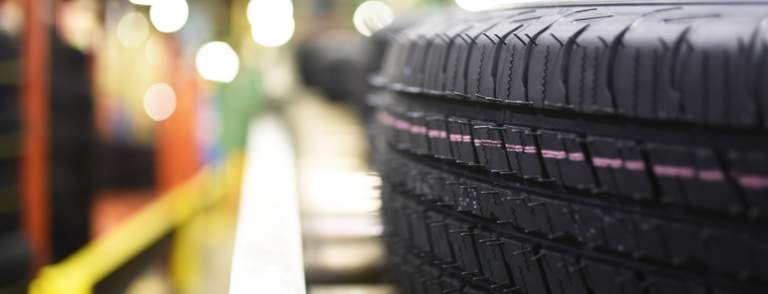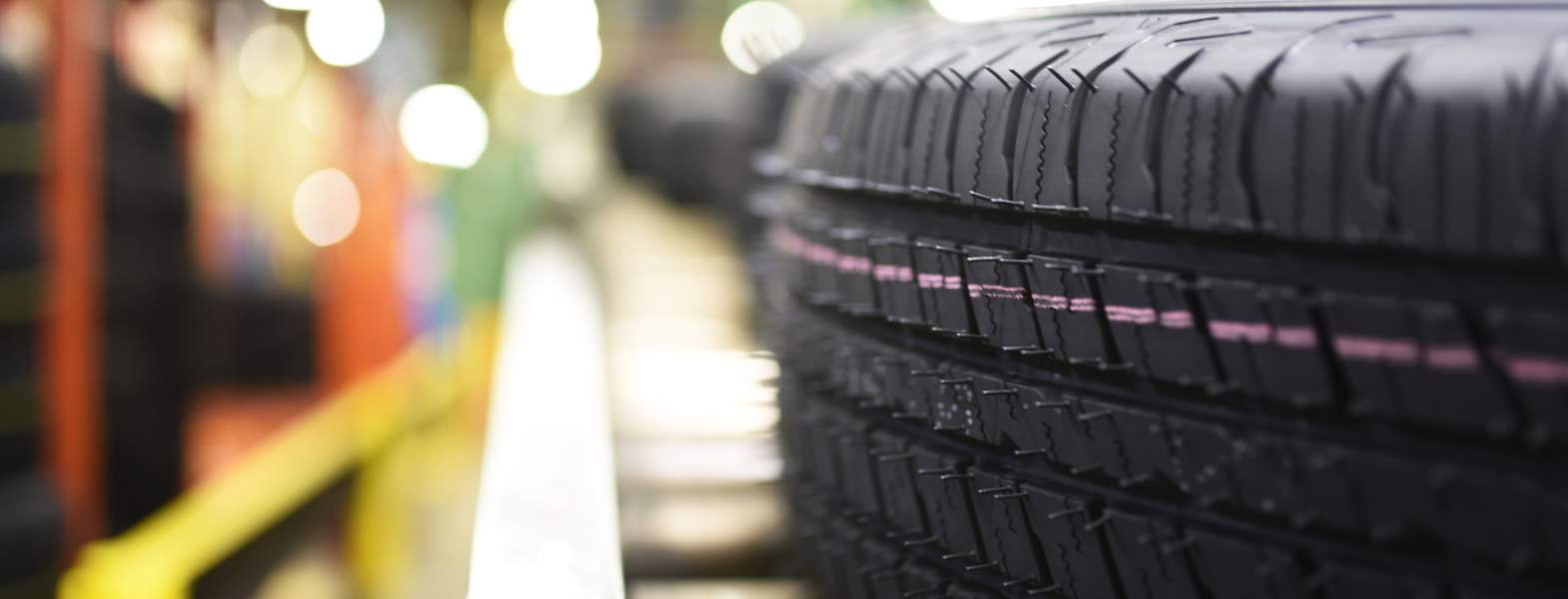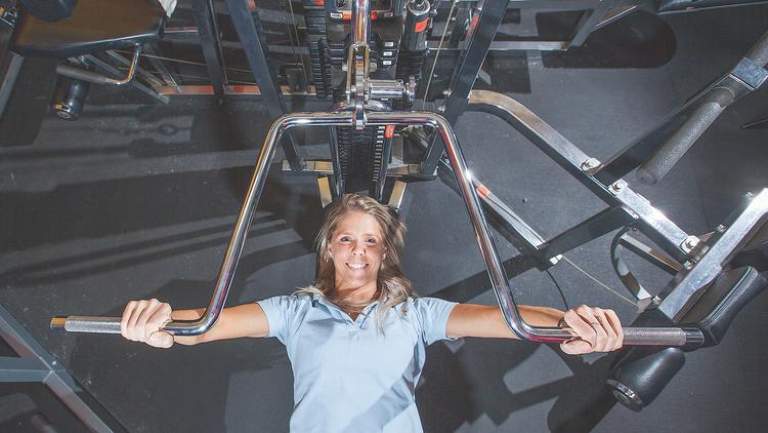June 23, 2016
Katie Keller Athletic Training at a Rubber Plant
Katie Keller graduated with a master’s degree in athletic training from West Virginia University on a Friday. The next Monday she started her new job, applying that training to an industrial setting.
That was in 2012 and she has since become an integral member of the Sumitomo Rubber USA plant in Tonawanda, where more than 1,000 people are in the business of making tires for cars and trucks.
She formally works for Premise Health, a national organization that employs a team of medical professionals at the Sumitomo plant.
It’s part of a new paradigm in manufacturing, where health and wellness are a proactive part of the daily routine instead of what happens after an injury occurs.
It wasn’t easy at first for the Hamburg native to tap factory veterans on the shoulder and suggest a different form or to try and recruit the unionized workforce for pre-shift stretches.
That has changed. Now workers sometimes even do the stretching without her.
The job was posted two to three months before I graduated from WVU, and while I’d heard about industrial athletic training, I’d never done it as a student.
But when I went to the interview, I learned that you can correlate what happens on a field to an industrial setting, with the muscular and skeletal injuries and the strains and sprains.
I subsequently received a lot of training on the ergonomics of it, learning the process behind the production of tires. I graduated on a Friday and came here on a Monday.
At the factory, we have an on-site clinic with a physician who comes once a week and also a full-time nurse practitioner who is the operations director. We have a case manager and registered nurses. We have our own athletic room where people can come in and evaluate their injuries.
My schedule varies. I do presentations on Mondays and Wednesdays called Body Shop, which is an interactive, 30-minute workshop to provide education on the most common types of injuries I see.
It involves five or six associates at a time so they can come talk to me, whereas in a larger group they don’t want to talk.
I do initial injury evaluation, providing things such as deep-tissue massage and ergonomic education.
And we do weekly health and wellness challenges that include everything from blood pressure to nutrition to weight loss.
Any downtime is spent walking through the entire plant, and if I see someone doing something that might lead to injury, I say, “Why don’t you do it this way?”
When I first started it was difficult, but over the years they’ve come to trust me. They take the information and apply it.
We have a lot of machinery where one wrong movement can lead to an amputation, so the associates have to be paying attention to what they’re doing at all times. But the biggest on-site injuries are strains and sprains, primarily of the shoulders, backs and knees.
We have a lot of heavy machinery and a lot of overhead movement. We have commercial tires that weigh up to 100 pounds.
One of the biggest things we deal with is people doing something outside of their daily routine, such as something getting stuck.
They tend to just react instead of taking a step back and thinking about how to properly fix a condition or a problem.
At first there was definitely a lot of pushback, the “What’s she doing here because it can’t be for us?” But the employees have really come to trust me. They come and talk to me about things that aren’t even work-related, like softball or beach volleyball injuries on the weekends.
As much as I love athletics, I still get to utilize my schooling, just in a different setting.
Whereas with a school you work with an athlete for four years and they’re gone, guys come in here for the long haul.
They can still use this information and training 10 or 15 years down the line.




